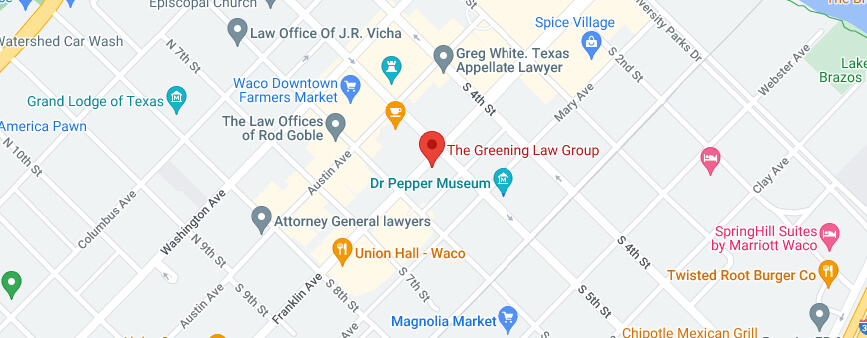Dealing with law enforcement can be an intimidating and stressful experience, especially if you find yourself in a situation where the police want to bring you in for questioning. It’s important to understand your rights and responsibilities when faced with such a situation. One common question people have is whether they are obligated to speak to the police in these circumstances. In this blog post, we will explore your rights when dealing with police questioning and provide guidance on how to protect yourself legally.
Your Right to Remain Silent:
One of the fundamental rights afforded to individuals in the United States is the right to remain silent, as protected by the Fifth Amendment to the Constitution. This means that you are not legally obligated to answer questions from law enforcement if you believe that your answers may incriminate you in any way.
It’s crucial to remember that anything you say to the police can be used against you in court. So, if you are asked to come in for questioning, you have the right to invoke your Fifth Amendment right and remain silent. You can politely and respectfully inform the officers that you choose to exercise your right to remain silent until you have consulted with an attorney.
Avoid Self-Incrimination:
One of the main reasons for exercising your right to remain silent and consulting with an attorney is to avoid self-incrimination. Even if you believe you are innocent or have nothing to hide, innocent people can unintentionally say things that are misinterpreted or used against them in legal proceedings. It’s essential to be cautious and protect your legal interests.
Potential Risks of Talking to the Police:
While there may be situations where cooperating with the police is advisable, it’s essential to be aware of the potential risks. These risks include:
- Miscommunication: What you say may be misunderstood or taken out of context.
- Legal Consequences: You may inadvertently provide information that could lead to your arrest or the filing of charges against you.
- No Guarantees: Cooperation does not necessarily guarantee a favorable outcome, and anything you say can still be used against you.
Consult with an Attorney:
When faced with police questioning, it is often in your best interest to consult with an attorney before providing any statements. An experienced criminal defense attorney can provide you with legal advice and guidance tailored to your specific situation. They can help you understand the potential consequences of speaking to the police and ensure that your rights are protected throughout the process.
Remember that you have the right to have an attorney present during any questioning by the police. This can be a valuable safeguard to ensure that your rights are respected and that you do not inadvertently say something that could harm your case.
Conclusion:
In summary, you do not have to speak to the police if they want to bring you in for questioning. You have the right to remain silent, and you have the right to consult with an attorney. Exercising these rights can help protect you legally and ensure that your rights are respected throughout the process. If you find yourself in a situation where law enforcement wants to question you, it is strongly recommended that you contact an attorney to discuss your options and receive appropriate legal counsel. Remember, protecting your rights is a fundamental aspect of the American justice system.









